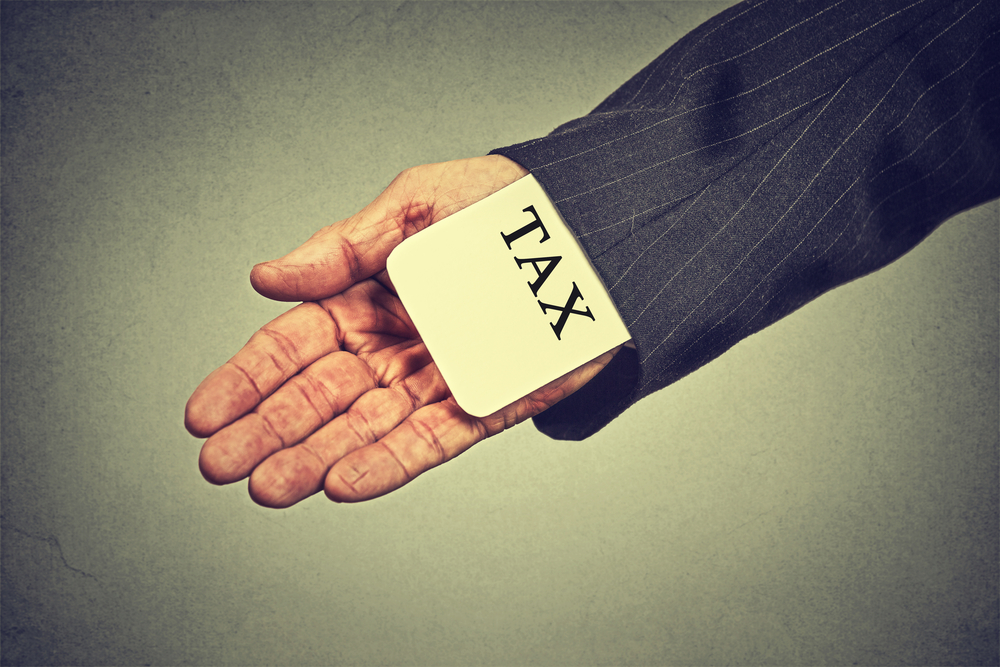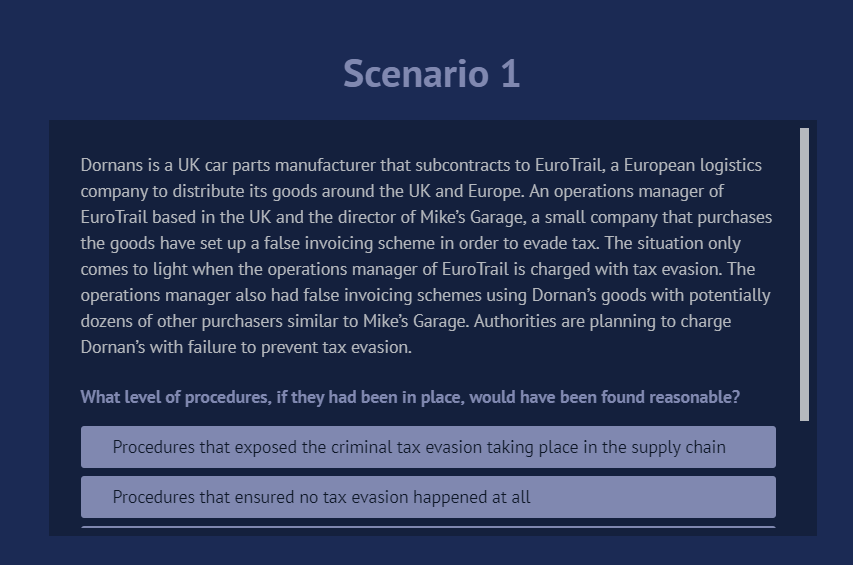
UK’s Sanctions and AML Act 2018
The UK’s Sanctions and Anti-Money Laundering (AML) Act 2018 is a legislative framework that strengthens the country’s ability to implement sanctions and AML measures. The act provides the legal basis for the UK government to impose and enforce sanctions on individuals, entities, and countries deemed to pose a threat to national security or involved in illicit activities. The act expands the powers of the relevant authorities to investigate, prevent, and prosecute money laundering offences and reinforces cooperation and information sharing between public and private sectors.
Impact of UK’s Sanctions and AML Act 2018 on Crown Dependencies and Overseas Territories
Impact of the Sanctions and Anti-Money Laundering 2018 Act on the Crown Dependencies and British Overseas Territories
Following an amendment to the recently enacted Sanctions and Anti-Money Laundering Act which will introduce public ownership registers in British Overseas Territories, the amendments sponsors Andrew Mitchell and Dame Margaret Hodge will visit the Isle of Man to persuade the government to create a publicly accessible register of beneficial ownership.
Currently, the Manx Government’s central register is only accessible to law enforcement and tax officials, but the UK government is keen for the Crown Dependencies to adopt the approach being set out in the EU’s Fifth Anti-Money Laundering Directive.





